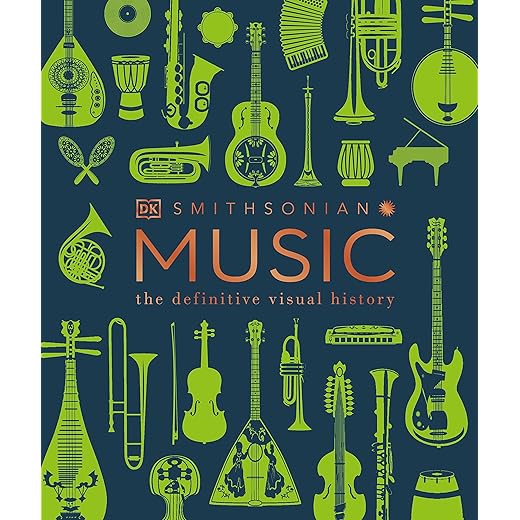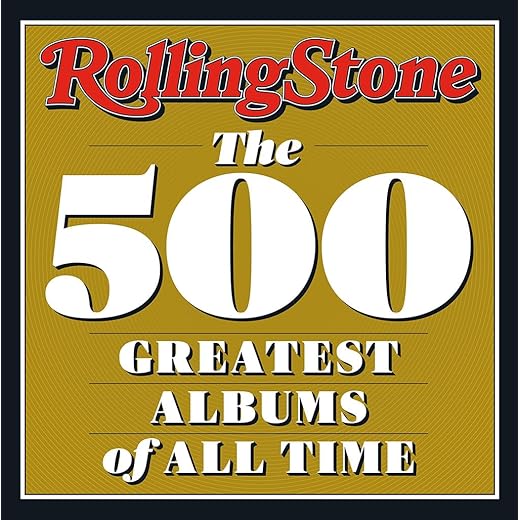The Evolution of Music: A Historical Perspective
Music has undergone a remarkable transformation, reflecting the societal values, technological advancements, and artistic movements of various cultures throughout history. From its inception in ancient civilizations to contemporary genres, the evolution of music is intrinsic to the human experience. In ancient times, music primarily served practical purposes, such as rituals, ceremonies, and communication among communities. Instruments made from natural materials gave birth to early music forms, which laid the groundwork for more sophisticated developments in harmony and composition.
During the Middle Ages, roughly spanning from the 5th to the 15th century, music began to develop distinct characteristics. The advent of written notation allowed for greater complexity and variety in musical composition. Gregorian chant emerged as a significant style, showcasing the interplay between spirituality and music. This era also witnessed the birth of polyphony, which introduced multiple independent melodies, enriching musical texture.
The Renaissance period (15th to 17th century) marked a pivotal change in music history. This time was characterized by the flourishing of arts and the humanist movement, which placed emphasis on individual expression. Composers such as Josquin des Prez and Palestrina contributed significantly to choral music, intertwining melodies that often conveyed emotion and storytelling. Instrumentation began to evolve as well, leading to the creation of new forms, including the madrigal and the motet.
As we progressed into the Baroque and Classical eras, the development of musical forms continued to be influenced by societal shifts and technological innovations. The invention of the printing press facilitated the distribution of music, thus enabling broader access and participation in musical culture. The emergence of notable composers like Bach and Mozart exemplifies how music mirrored the complexities of human emotion and societal progress.
In summary, the historical journey of music illustrates its evolution through various cultural landscapes, revealing a canvas of human experience. Each period contributed uniquely to the rich tapestry of musical expression, highlighting its enduring significance across ages.
Music as a Reflection of Cultural Identity
Music serves as a profound medium for expressing cultural identities, playing an essential role in shaping, maintaining, and communicating the narratives of diverse communities. Through the ages, various forms of music have emerged, each reflecting the unique experiences, values, and struggles prevalent within specific cultural groups. Folk songs, for instance, often encapsulate local histories, societal norms, and collective memories, enabling communities to preserve their traditions and instill a sense of belonging among their members. These songs are frequently passed down through generations, serving as a sonic archive of cultural heritage.
Jazz, with its roots deeply entrenched in African American experience, exemplifies music’s capacity to articulate stories of resilience and creativity. Emerging from the rich tapestry of blues and spirituals, jazz not only provides a platform for individual expression but also stands as a collective statement of cultural pride. Artists like Louis Armstrong and Duke Ellington effectively communicated the nuances of their lived experiences through improvisation and harmonious interaction, thus showcasing the transformative power of music in articulating social movements and cultural assertions.
Indian classical music, rooted in the profound spiritual and cultural heritage of the Indian subcontinent, exemplifies the power of sound as a medium for transcendence and storytelling. Emerging from the sacred chants of Vedic traditions and the expressive artistry of regional folk music, it weaves intricate ragas and rhythmic cycles to evoke a spectrum of human emotions. With maestros like Ravi Shankar and M. S. Subbulakshmi, whose performances resonate with both devotion and technical mastery, Indian classical music transcends mere entertainment, offering a timeless exploration of self and cosmos. Its improvisational nature and deep philosophical underpinnings stand as a testament to music’s ability to bridge the personal and the universal, uniting the earthly with the divine.
Similarly, hip-hop has evolved into a global phenomenon, amplifying voices that often go unheard. Originating in marginalized communities, hip-hop serves as a powerful vehicle for storytelling, reflecting the socio-political struggles faced by its artists. The genre has the unique capability to resonate across cultural divides, expressing shared experiences of adversity and aspiration. Pioneers such as Grandmaster Flash and Nas have harnessed hip-hop’s distinct rhythms and lyrical complexity to convey their narratives, thus reinforcing the connection between music and cultural identity.
In essence, music acts as a living testament to cultural identities, shaping and reflecting the myriad stories, struggles, and triumphs that define human experience. By bridging communities and preserving traditions, music transforms individual narratives into collective cultural expressions.
The Emotional Landscape of Music and Human Experience
Music serves as a profound reflection of human emotions, fundamentally entwined with our psychological and sociological experiences. Throughout history, the emotional resonance of music has been recognized as a potent force, capable of eliciting a wide spectrum of feelings ranging from joy and sorrow to nostalgia and empowerment. This unique quality makes music an essential part of the human experience, fostering connections among individuals and across cultures. The psychological impact of music is remarkable, with numerous studies illustrating how melodies and rhythms can significantly influence mood and emotional states.
One notable aspect of music’s impact on emotions is its ability to evoke memories. The phenomenon known as “cue-dependent memory” suggests that listening to certain songs can trigger vivid recollections related to specific times and places, often eliciting feelings of nostalgia. This connection between music and memory underscores the universal appeal of music as a vehicle for emotional expression, allowing individuals to revisit and reflect on significant life experiences.
Moreover, music has been employed as a form of therapy across various cultural contexts, emphasizing its therapeutic potential. Music therapy utilizes the emotional power of music to aid individuals in coping with challenges such as grief, trauma, and mental health issues. Through structured musical activities, individuals can explore their feelings, enhance their self-awareness, and facilitate healing processes. This therapeutic application highlights music’s role as not merely an art form but also a vital component of well-being and emotional health.
In essence, music acts as a bridge that connects individuals to their emotions while also fostering empathy and understanding among diverse groups. Its ability to transcend cultural differences further emphasizes its significance as an expressive medium. By exploring the emotional landscape of music, we gain insights into its multifaceted role in shaping the human experience and its enduring legacy through the ages.
Contemporary Music and Its Role in Modern Society
Contemporary music plays a vital role in shaping and reflecting the values, aspirations, and complexities of modern society. In an era marked by rapid technological advancements, the ways in which music is produced and consumed have undergone significant transformation. Digital platforms allow for unprecedented access to a diverse array of musical genres, surpassing geographical boundaries and enabling artists from underrepresented backgrounds to share their narratives with the world. This democratization of music showcases a spectrum of voices that resonate with the hopes and dreams of today’s generation.
Furthermore, social media has emerged as a powerful catalyst for contemporary music, facilitating real-time interaction between artists and their audiences. Platforms such as Instagram, TikTok, and YouTube not only allow musicians to connect with fans but also serve as launching pads for new talents. The virality of certain music tracks, often associated with hashtags or challenges, underscores how communal experiences can be engineered through shared playlists or collaborative efforts. This interconnectedness fosters a collective identity, allowing contemporary music to resonate on both local and global levels.
Additionally, contemporary music remains a significant catalyst for social change. In recent years, artists have harnessed the emotional power of their work to advocate for social movements and political causes. Genres such as hip-hop and pop have provided a canvas for expressions of resistance and solidarity, reflecting society’s struggles and triumphs. Moreover, personal storytelling through music allows individuals to process experiences and articulate their emotions, thereby acting as a deeply personal form of self-expression. The capacity of contemporary music to engage with pressing societal issues affirms its ongoing relevance and impact, solidifying its role as an essential tool for change and personal storytelling in the modern world.





